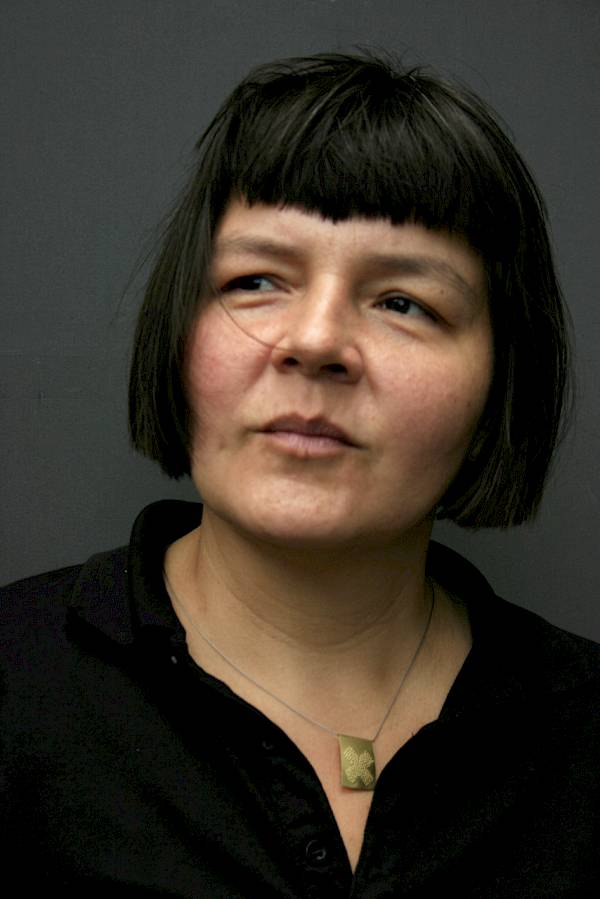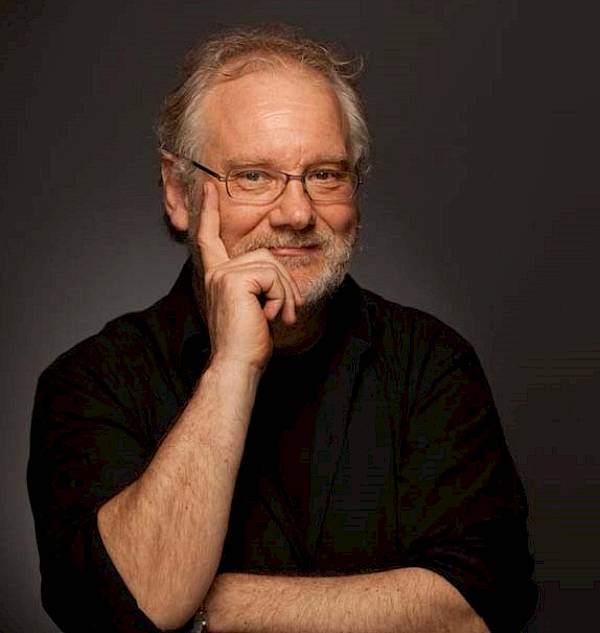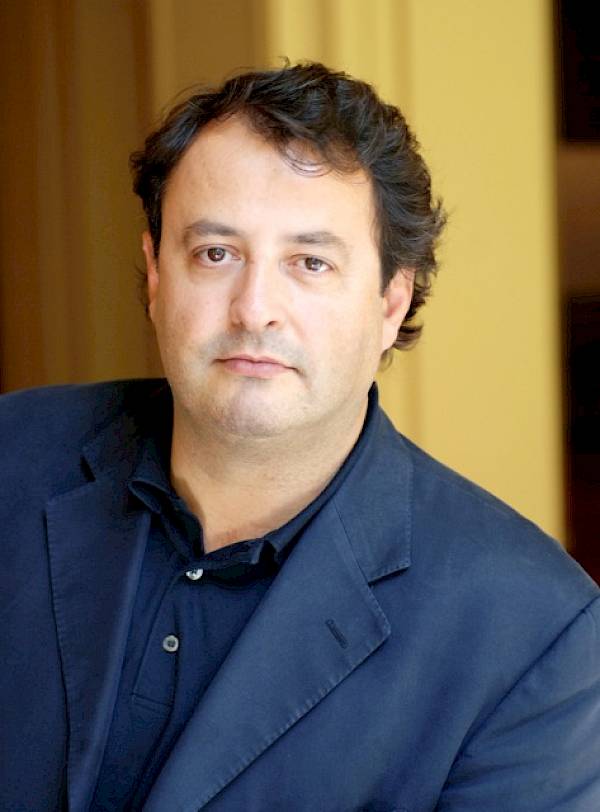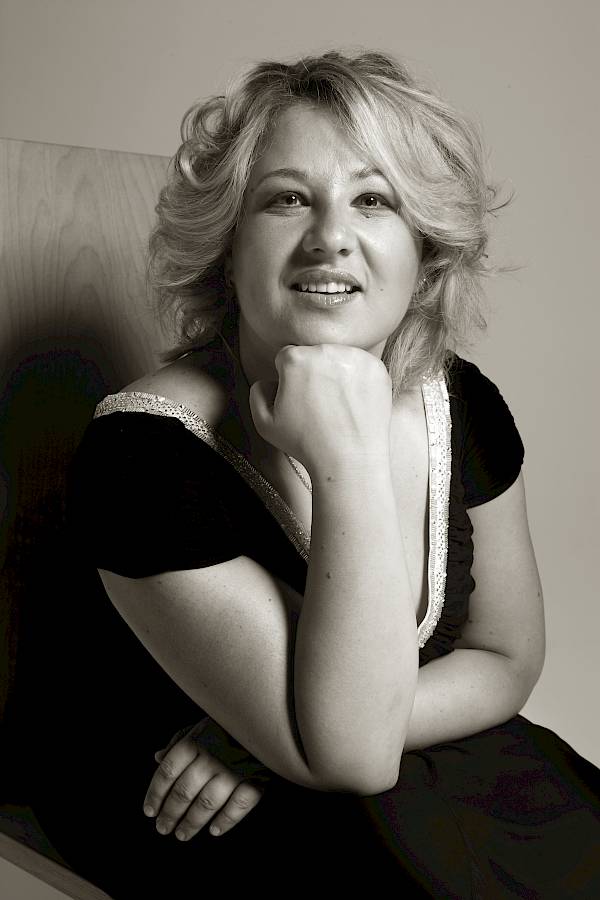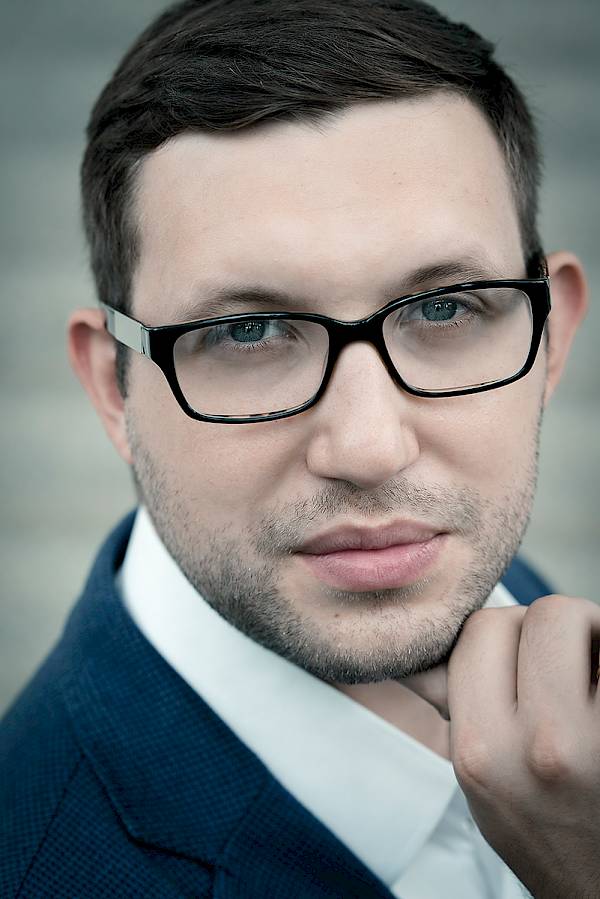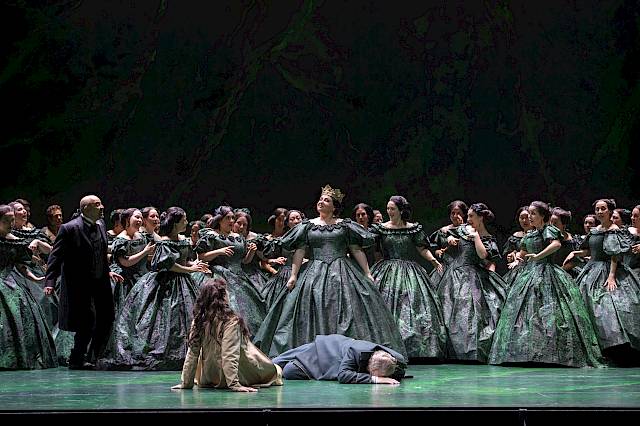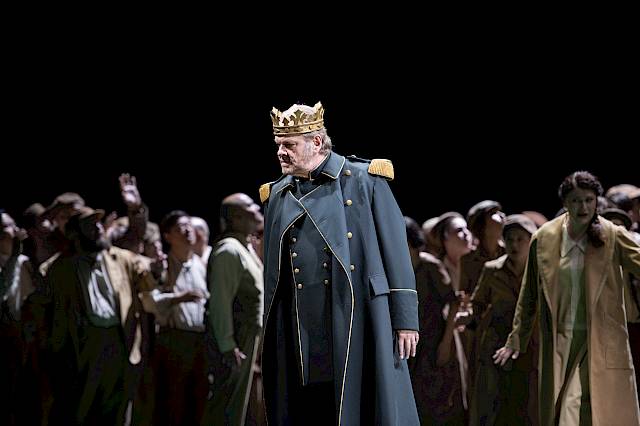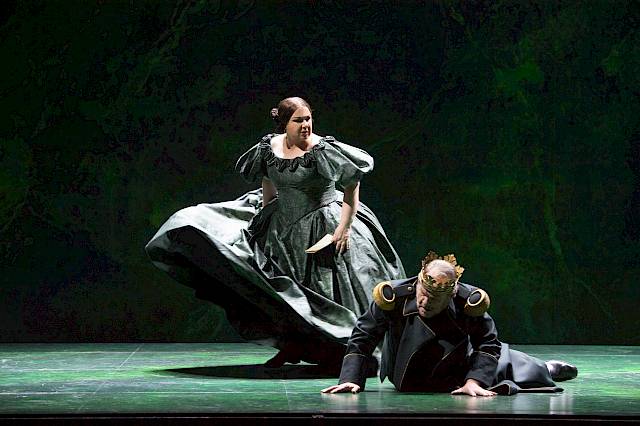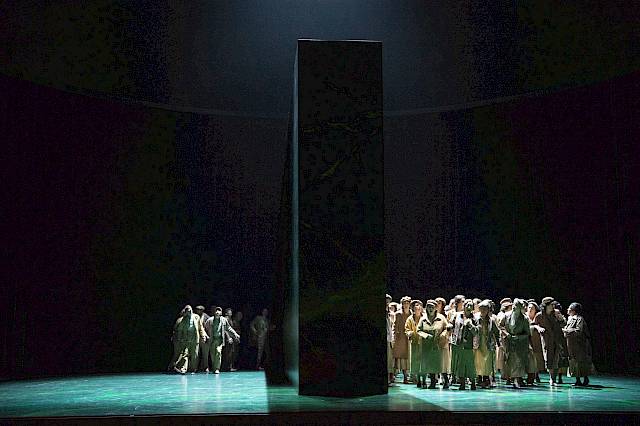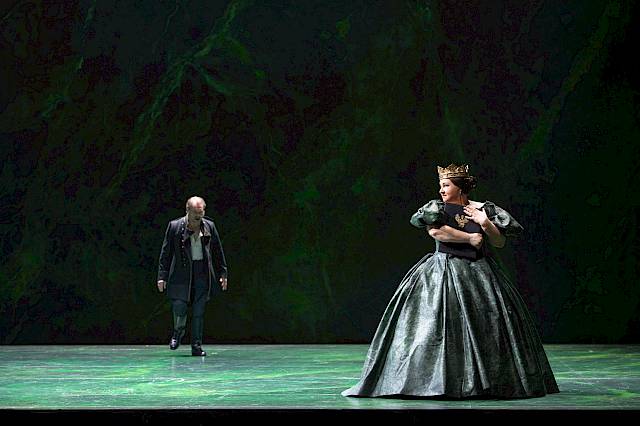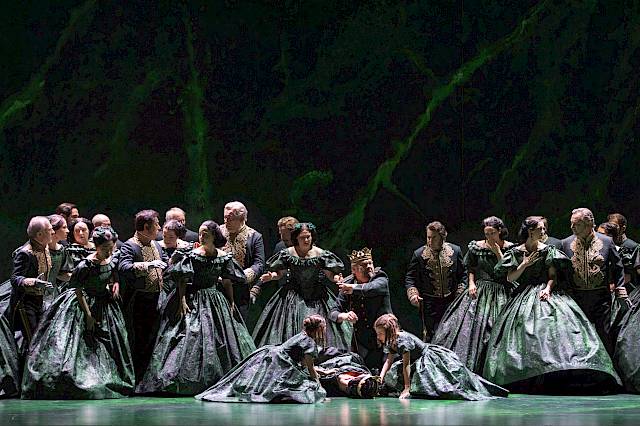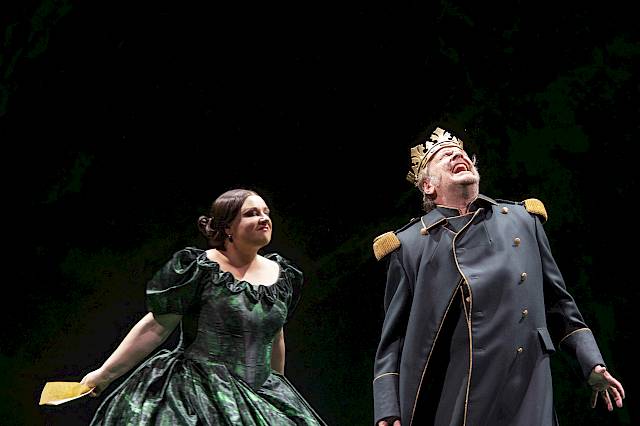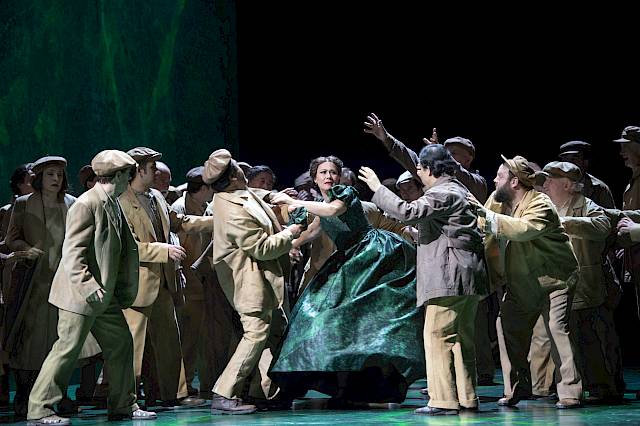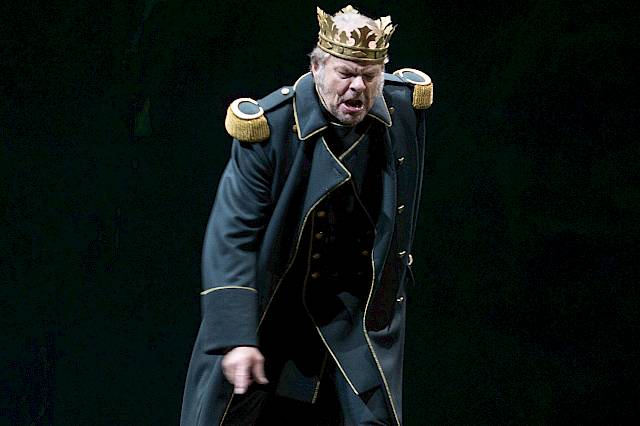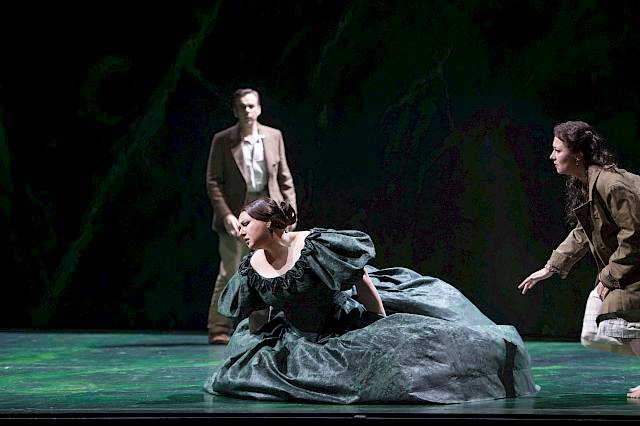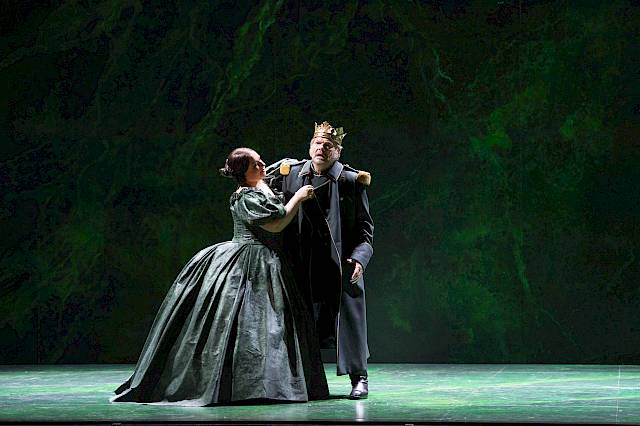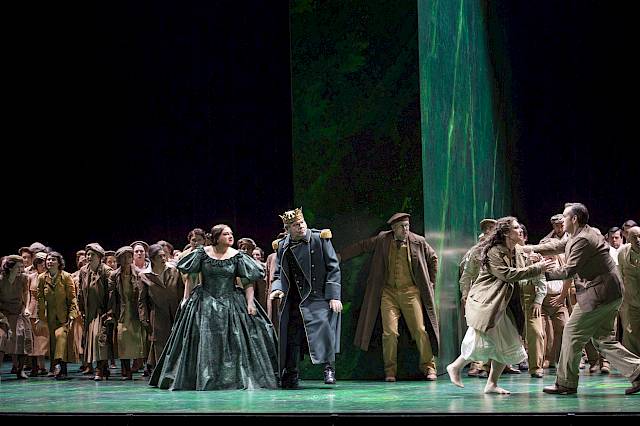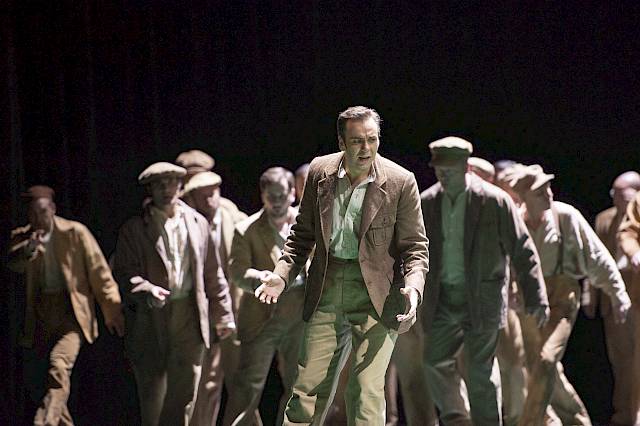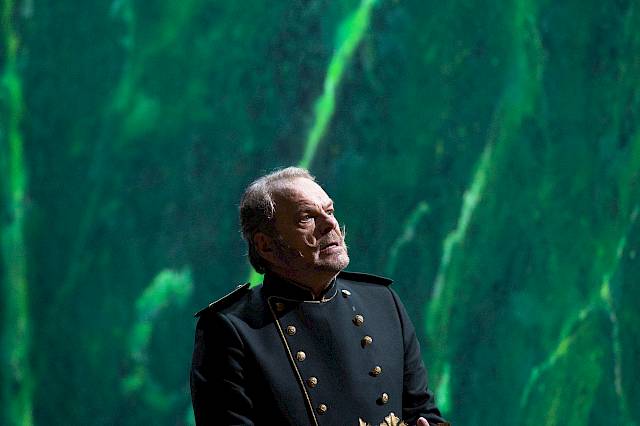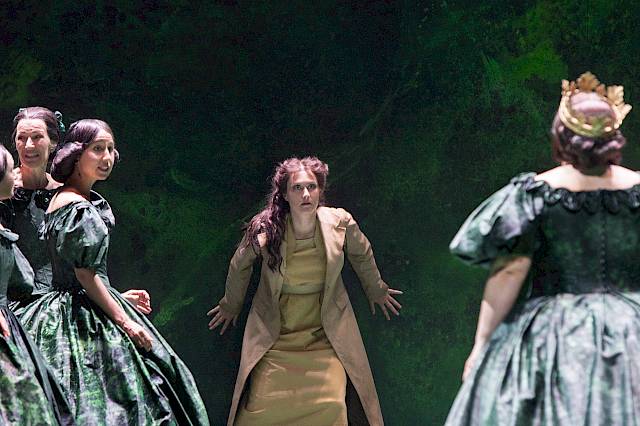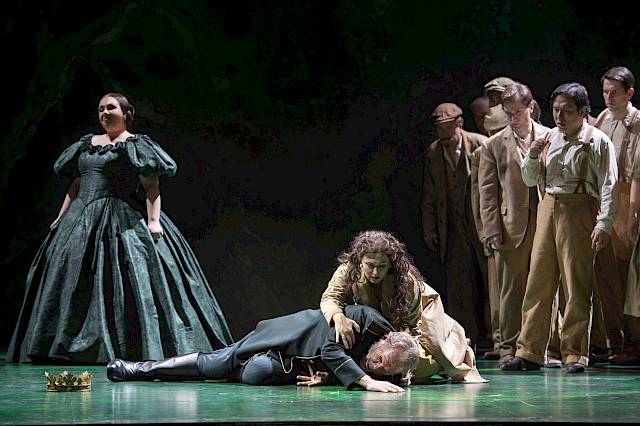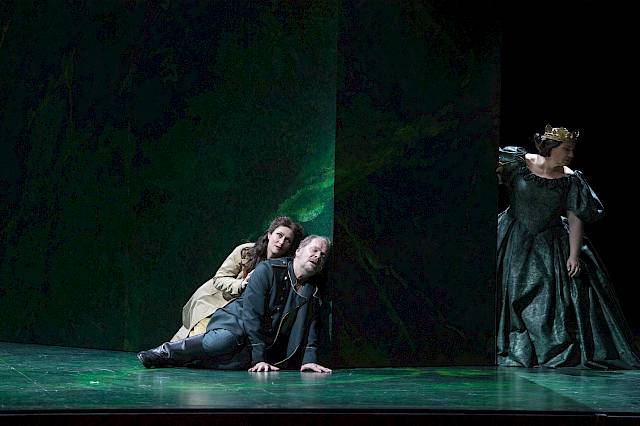Abstract
«Va pensiero sull’ali dorate» – it is this chorus, sung by the Hebrew slaves in the opera Nabucco, that is considered the core of the entire opera. And it was precisely these words that are said to have sparked Giuseppe Verdi’s imagination when his gaze happened to fall upon this passage in the libretto, which he was about to put aside without setting it to music. With Nabucco, his third opera – written at a dark time in his life which was marked by a series of deaths – Verdi saved himself, as it were. In this work, he found his way to his own dramatic and musical idiom, characterized by both expansive lines and explosive rhythms. Verdi later wrote that his artistic career had only truly begun with the composition of Nabucco.
An important protagonist in this work is the chorus, assuming the role of the Israelites held captive by the Babylonians. Against this political background, Verdi lets a drama of individual fates unfold. Abigail, an unhappy lover, thinks she is Nabucco’s daughter – but soon learns she is descended from slaves. Ultimately, the Babylonian King Nabucco overcomes his delusions of grandeur and releases the prisoners.
In Verdi’s lifetime, the call for freedom and self-determination also came from the Italian people: they were suffering under the foreign rule of the Habsburgs and Bourbons. In the 19th century, during the course of Italian reunification and the creation of a new national myth, Verdi became one of the most iconic individuals of the time – and the «Chorus of the Hebrew Slaves» became the soundtrack to the Risorgimento.
Under the direction of Andreas Homoki, this new production will feature a first-class cast: Michael Volle makes his debut in the title role, Anna Smirnova sings Abigaille, a highly demanding role she has already performed at the Vienna State Opera and the Deutsche Oper Berlin, Georg Zeppenfeld can be heard in the role of Zaccaria. General Music Director Fabio Luisi will conduct the Philharmonia Zurich.





